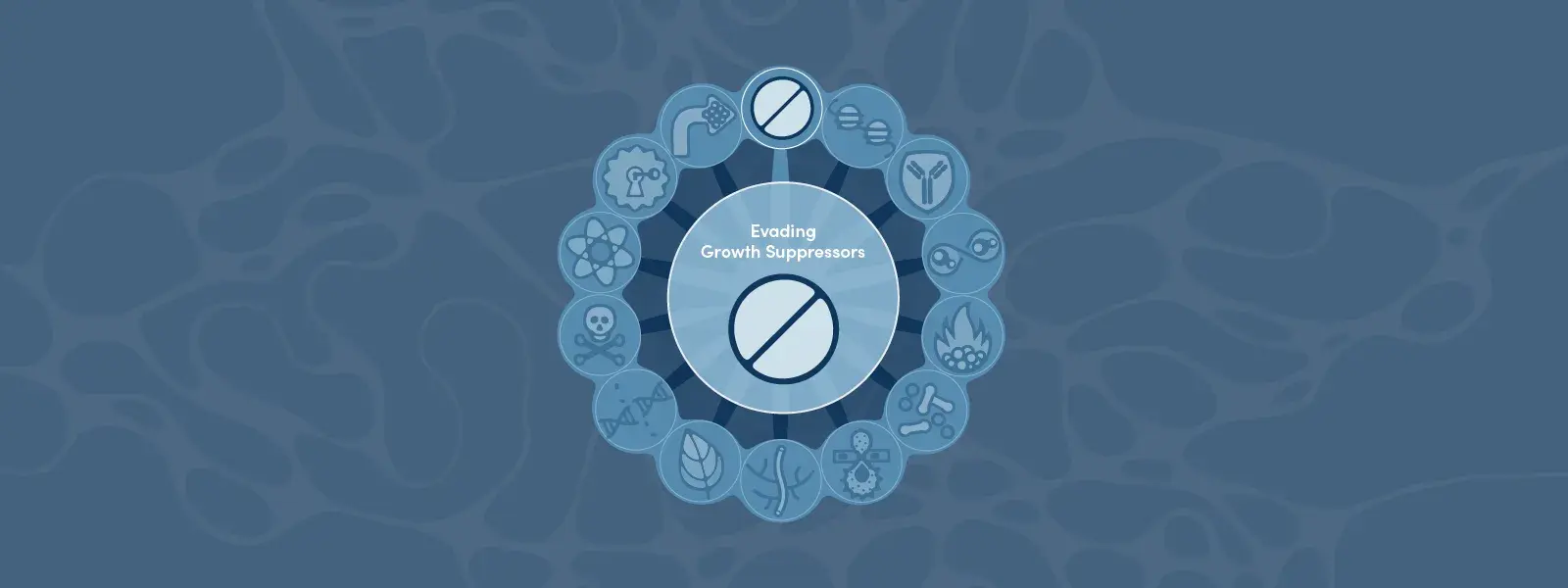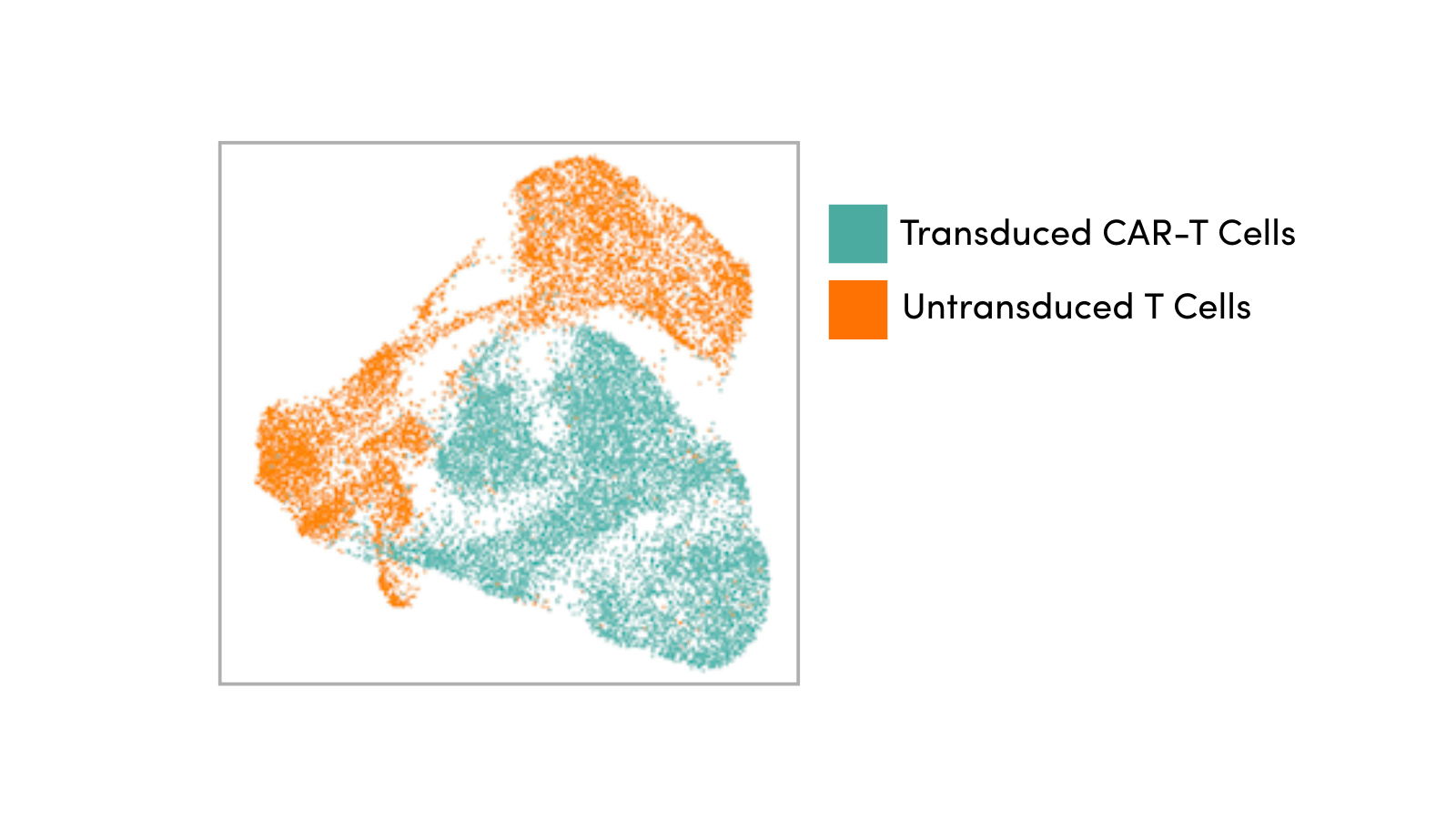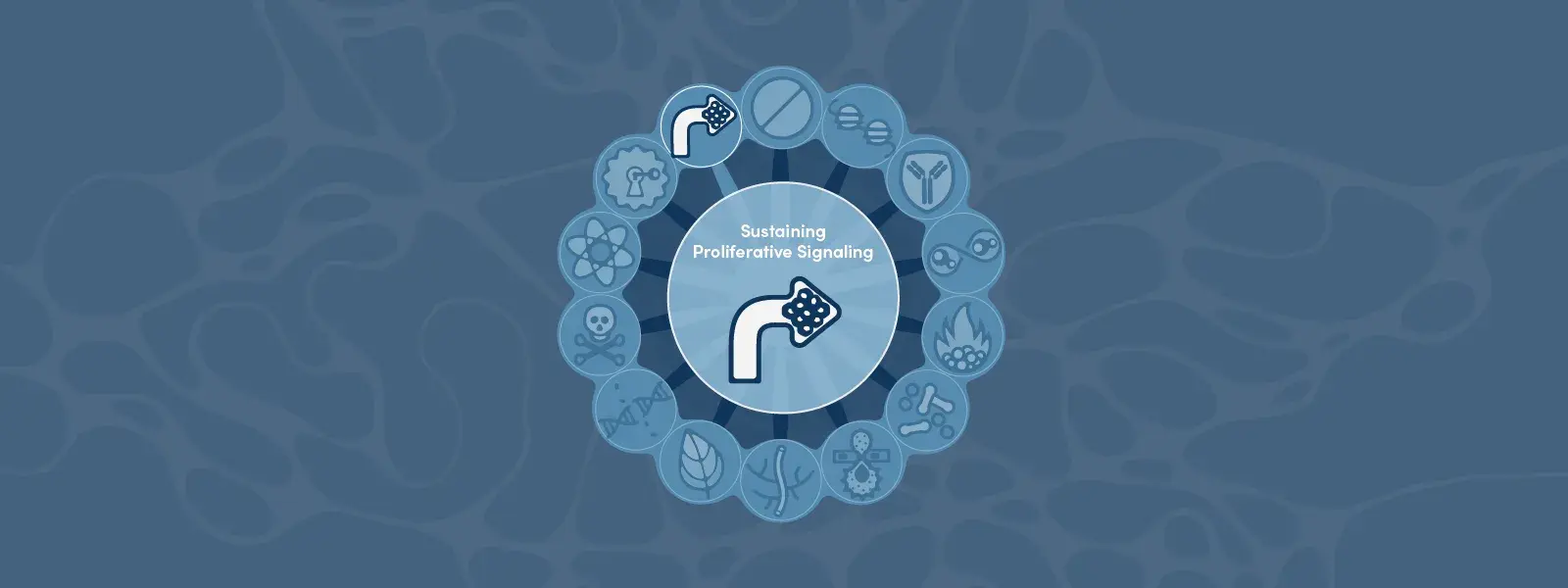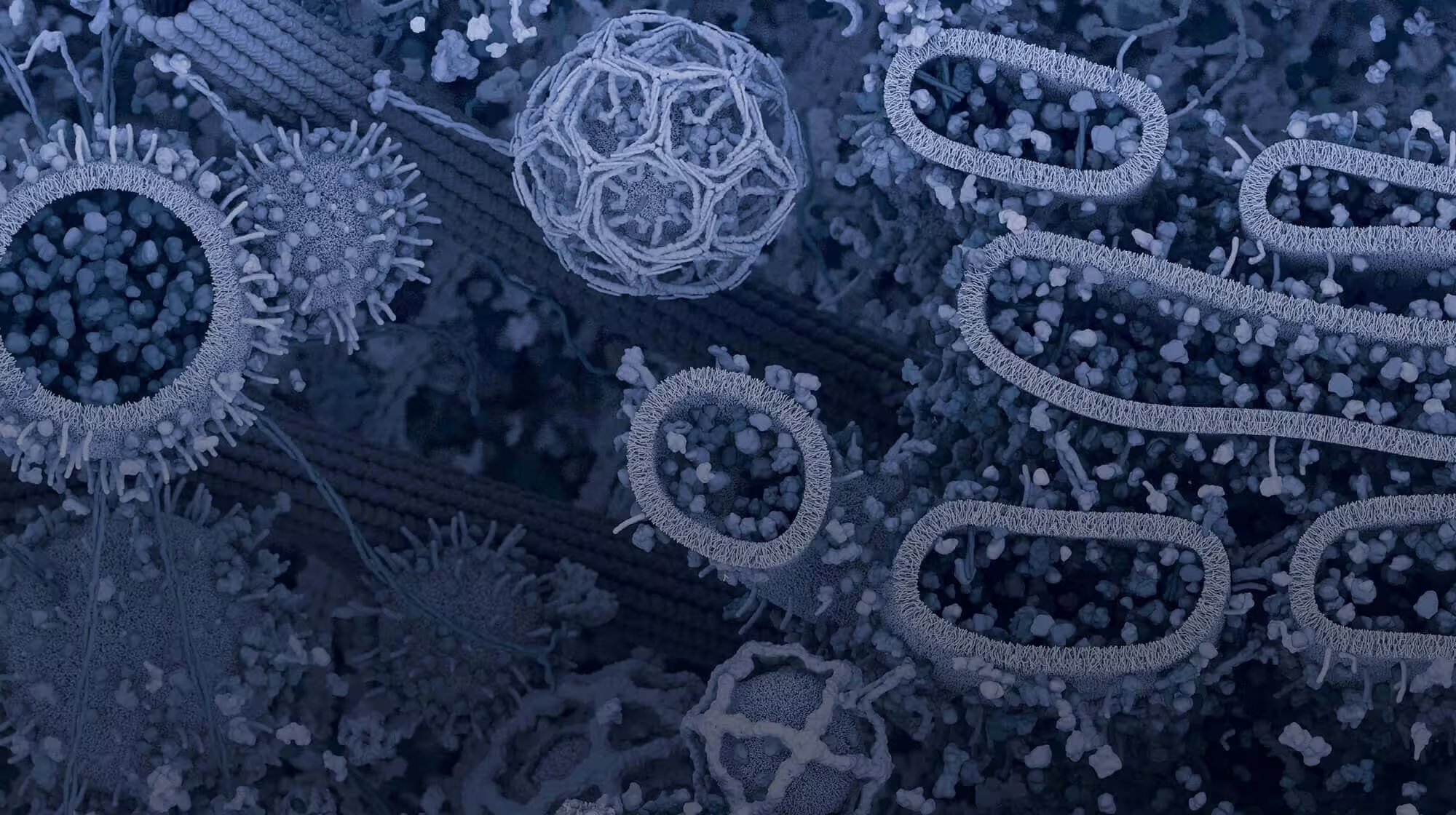We’re excited to announce the winners of the 3rd annual Rising Black Scientists Awards! The essay competition, which is sponsored by Cell Signaling Technology, Cell Press, and the Elsevier Foundation, was created to support early career, talented, and motivated Black American scientists on their journeys. This year, we were again awestruck by the dedication, intelligence, and innovation demonstrated by the scientists who submitted essays. It was rewarding and inspirational to read their stories and learn how their experiences act as catalysts for their important work.
This year was extra special. With the addition of a third sponsor, the Elsevier Foundation, the awards were expanded to include two additional recipients for a total of four winners. Now, talented students working in the disciplines of life, physical, earth, environmental, or data sciences are eligible for the awards. While at CST, our own professional passions lie in the life sciences, as a company, we are fiercely committed to sustainability and green science. It was rewarding to read about the promising young scientists doing the important work of environmental conservation, and we are thrilled with this addition to the award!
Read on to learn about this year's winners, along with an excerpt from their winning essays:
Graduate/Postdoctoral: Dr Christine Wilkinson, University of California, Berkeley
Essay Title: The Coyote in the Mirror: Embracing Intersectionality to Improve Human-Wildlife Interactions
Christine Wilkinson, PhD, is a graduate of the University of California, Berkeley whose interests include multidisciplinary mapping, human-wildlife conflict, carnivore movement ecology, and participatory methods. From her winning essay, it’s clear that Christine’s upbringing as a “young, queer biracial kid chasing urban wildlife” has played an influential role in her current work as a conservation scientist. Through her time in the field working on human-wildlife conflict in Kenya, Christine has come to understand the complexities of conservation and the importance of working with communities to find equitable and maintainable solutions.
In her essay, Christine poignantly draws parallels between her own struggles to fit into “western science’s rigid boxes” and the ways in which wildlife such as hyenas have been vilified by humans for the environmental adaptions they’ve developed to navigate their worlds. Christine’s ability to relate to the wildlife she studies brings valuable lessons to her work as a conservationist. In Christine’s own words:
“It is clear from [my] work that if applied and participatory ecology were more widely accessible, and if people’s public health and livelihoods were truly prioritized, communities who are historically underrepresented in wildlife conservation would be better equipped to make impactful and ecologically sound decisions based on their personal experiences and needs.… My research program going forward will use One Health frameworks to better understand the linkages between wildlife, human, and environmental health and well-being. In so doing, it will develop strategies for more positive human-wildlife interactions while connecting people who are different from one another.”
If you’re as moved by Christine’s work as we are, you can follow her journey and learn more about her work on her X page @ScrapNaturalist.
Graduate/Postdoctoral: Elijah Malik Persad-Paisley, Brown University Alpert Medical School
Essay title: Achieving Diversity and Equity Through Inclusion
Elijah Malik Persad-Paisley (@elijahpp_) is a graduate student at the Brown University Alpert Medical School in the Department of Neurosurgery. Elijah’s story is one that is underrepresented in the medical field. Adopted at the age of ten, Elijah faced discrimination from his biological Indian family due to the African American heritage of his father. Fast-forward to his time in medical school, and Elijah continues to witness the impact of racial discrimination: He is one of only three Black men in his class of 144 students.
It is clear that Elijah has turned his experiences into insight and action, and they guide both his research and diversity, equity, and inclusion (DEI) efforts. In his own words:
“My DEI-focused scholarship and research are natural extensions of my personal experiences. As a medical student investigator, I have initiated studies examining nationwide racial and gender disparities among medical students and resident physicians, an under-discussed area that negatively and disproportionately impacts minority patients. Non-White patients treated by racially discordant physicians have been shown to have higher rates of mortality following surgical procedures1, endure longer and more costly hospital stays2,3, and are less likely to receive optimal treatment for brain tumors4. These outcomes are a disservice to my future patients, who stand to benefit from greater representation amongst the doctors who treat them5-9.”
Elijah has already published an impressive number of papers on this and similar topics, which you can read on ResearchGate. We look forward to seeing where his career takes him.
Undergraduate: Admirabilis (Bilis) Kalolella, Connecticut College
Title: My Christmas Holidays
Admirabilis (Bilis) is an undergraduate Biochemistry major at Connecticut College. In his essay, Bilis writes of traveling to his home village of Mngeta, Tanzania for the Christmas holidays. Each year, his father would set up a mini medical clinic that was visited by those both near and far. This experience taught Bilis the importance of giving back, and even when he returned to Connecticut College, the question “How [can] I use my knowledge to benefit my community?” was never far from his mind.
During Bilis’ junior year, he traveled to Cape Town, South Africa, to work at the Drug Discovery and Development Centre (H3D). At H3D, Bilis worked on repurposing and repositioning the compound AZD0156 for Malaria treatment, which blocks the active site of the PfPI4K kinase, an important drug target in the Malaria parasite life cycle. Bilis describes his experience in his own words:
“My travels from Mngeta to New London to Cape Town have shown me that Black people are often at the bottom of society’s hierarchy. This is reflected in science, where there is an inadequate representation of Black researchers and physicians as well as Black people in clinical studies. I want to be a physician-scientist and heal people while simultaneously understanding the underlying mechanism of diseases to design better drugs. I want these products to benefit many around the world."
Through his work, Bilis hopes to develop medicines to treat infectious and neglected tropical diseases such as those that affect his home country of Tanzania. We are inspired by Bilis’ story and look forward to learning more about his work in this important area.
Undergraduate: Camryn Carter, Richmond College
Essay Title: One Less Weary Smile
Camryn Carter is a computer science and chemistry major at Richmond College. In her essay, she writes about how being the only person of color in her classroom left her feeling isolated from a young age. However, exposure to other young women and people of color in a scientific environment led her to recognize where she truly thrived: Behind a computer screen conducting computational chemistry research.
The COVID-19 pandemic also had an outsized impact on Camryn’s educational pursuits. So far, she has published two papers about SARS-CoV-2, both of which leverage her computational expertise. In her own words:
"My research experiences have shown me how computational chemistry is a valuable tool that can provide fast and efficient solutions to quickly adapting crises. I have learned about the anthropological causes of climate change and the environmental injustices that underrepresented communities have faced and continue to endure. I’m inspired by other women’s experiences with the repercussions of climate change and how they are creating solutions. My goal is to have a research career focused on using computational chemistry to develop soltions to the climate crisis. As climate change continues to intensify, it will increase the spread of infectious diseases, making it harder for frontline communities to access medicines or vaccines. I’m interested in computational drug design to provide quick and effective solutions for new or existing diseases."
With the impending climate crisis, it is scientists like Camryn that will help bring about a brighter future. Marrying computational chemistry with a passion for climate justice is a noble, important pursuit, and we’re impressed by Camryn’s accomplishments so far.
Congratulations again to all of the winners—we wish you the best of luck in your future research endeavors!
What Are the Rising Black Scientists Awards?
The Rising Black Scientists Awards essay competition was created to support talented and motivated Black American scientists on their journeys. The competition recognizes four winners and four honorable mentions at the following levels:
- Winners: Two undergraduate students and two graduate students/postdoctoral scholars
- Honorable mentions: Two undergraduate students and two graduate students/postdoctoral scholars
The award provides a $10,000 prize and $500 in travel funds to the writers of the winning essays. Honorable mentions receive $500. To learn more about the awards, visit Cell Press.
Select References
-
Curry WT Jr, Carter BS, Barker FG 2nd. Racial, ethnic, and socioeconomic disparities in patient outcomes after craniotomy for tumor in adult patients in the United States, 1988-2004. Neurosurgery. 2010;66(3):427-438. doi:10.1227/01.NEU.0000365265.10141.8E
-
Khalafallah AM, Jimenez AE, Patel P, Huq S, Azmeh O, Mukherjee D. A novel online calculator predicting short-term postoperative outcomes in patients with metastatic brain tumors. J Neurooncol. 2020;149(3):429-436. doi:10.1007/s11060-020-03626-1
-
Lad SP, Bagley JH, Kenney KT, et al. Racial disparities in outcomes of spinal surgery for lumbar stenosis. Spine (Phila Pa 1976). 2013;38(11):927-935. doi:10.1097/BRS.0b013e31828165f9
-
Bhambhvani HP, Rodrigues AJ, Medress ZA, Hayden Gephart M. Racial and socioeconomic correlates of treatment and survival among patients with meningioma: a population-based study. J Neurooncol. 2020;147(2):495-501. doi:10.1007/s11060-020-03455-2
-
Moy E, Bartman BA. Physician race and care of minority and medically indigent patients. JAMA. 1995;273(19):1515-1520.
-
Cantor JC, Miles EL, Baker LC, Barker DC. Physician service to the underserved: implications for affirmative action in medical education. Inquiry. 1996;33(2):167-180.
-
Komaromy M, Grumbach K, Drake M, et al. The role of black and Hispanic physicians in providing health care for underserved populations. N Engl J Med. 1996;334(20):1305-1310. doi:10.1056/NEJM199605163342006
-
Cooper-Patrick L, Gallo JJ, Gonzales JJ, et al. Race, gender, and partnership in the patient-physician relationship. JAMA. 1999;282(6):583-589. doi:10.1001/jama.282.6.583
-
Cooper LA, Roter DL, Johnson RL, Ford DE, Steinwachs DM, Powe NR. Patient-centered communication, ratings of care, and concordance of patient and physician race. Ann Intern Med. 2003;139(11):907-915. doi:10.7326/0003-4819-139-11-200312020-00009






